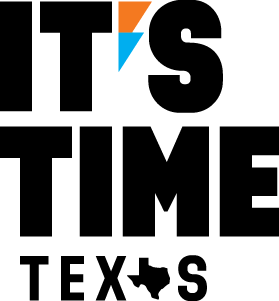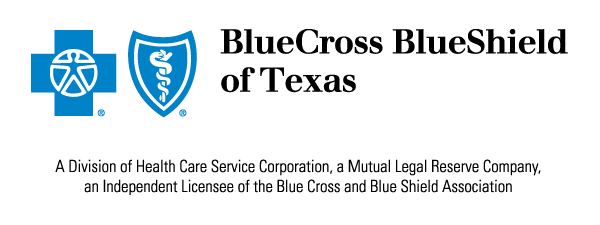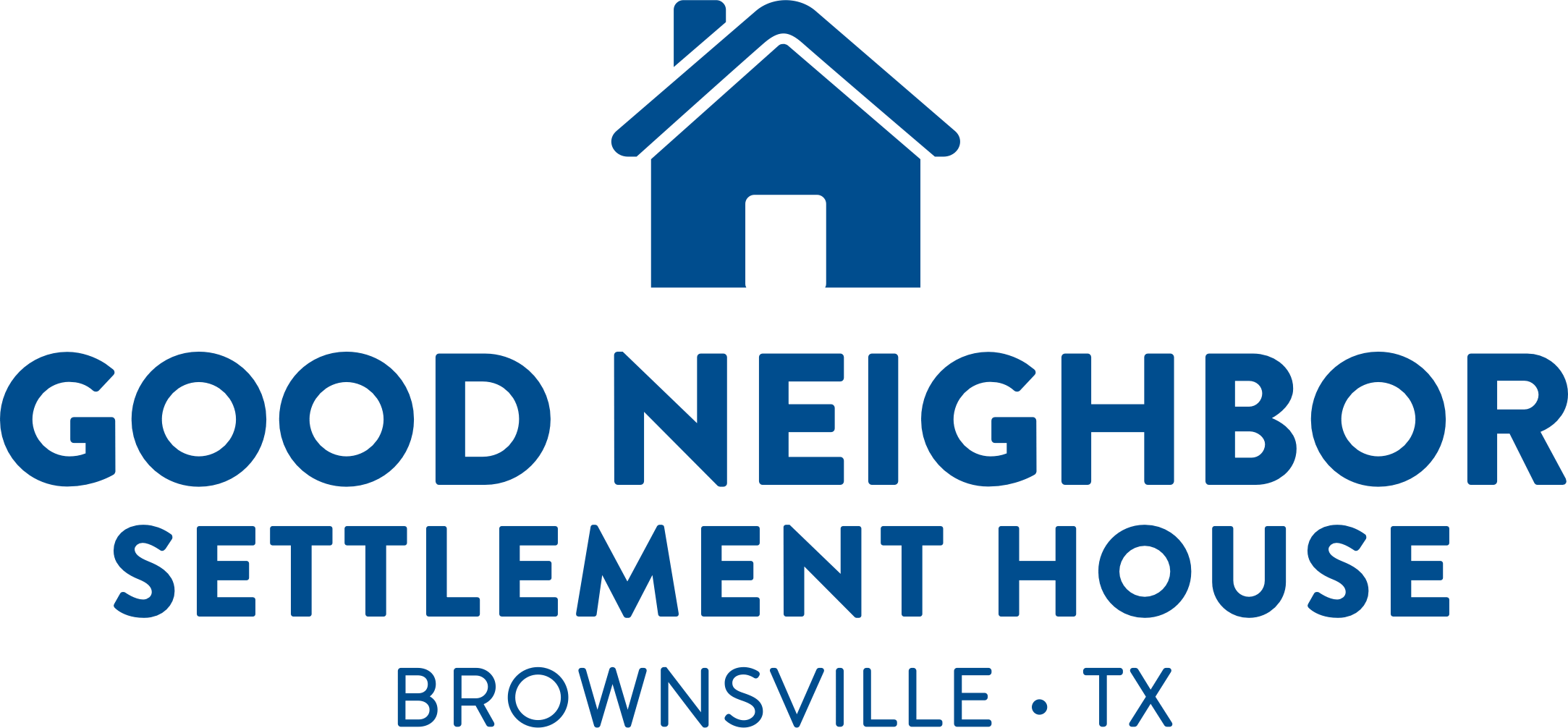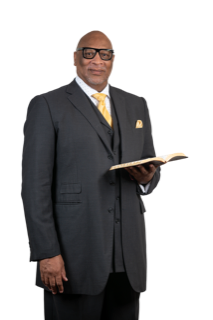Meet Good Neighbor Settlement House (GNSH):
A multi-service, non-profit agency dedicated to assisting the needy men, women, and children of Brownsville, Texas through programs that provide nutritious meals, clothing, showers, and support services.
Quick Facts:
- GNSH is in one of the historically poorest neighborhoods in Brownsville, Texas, and focuses on the homeless and lower income families of the Buena Vida and downtown neighborhoods.
- The age of a homeless individual in Brownsville is typically 50-70, primarily male.
- The Buena Vida neighborhood, population 5,245 (a clearinghouse of U.S. Census and municipal data) is 0.6 square miles in size.
The Project
While originally serving, and widely recognized as a Soup Kitchn for nearly seven decades, GNSH provides numerous social services to homeless individuals in Brownsville, Texas. The GNSH staff serve as Navigators for the Texas Department of Health and Human Services, helping homeless clients navigate through various services provided by said agency.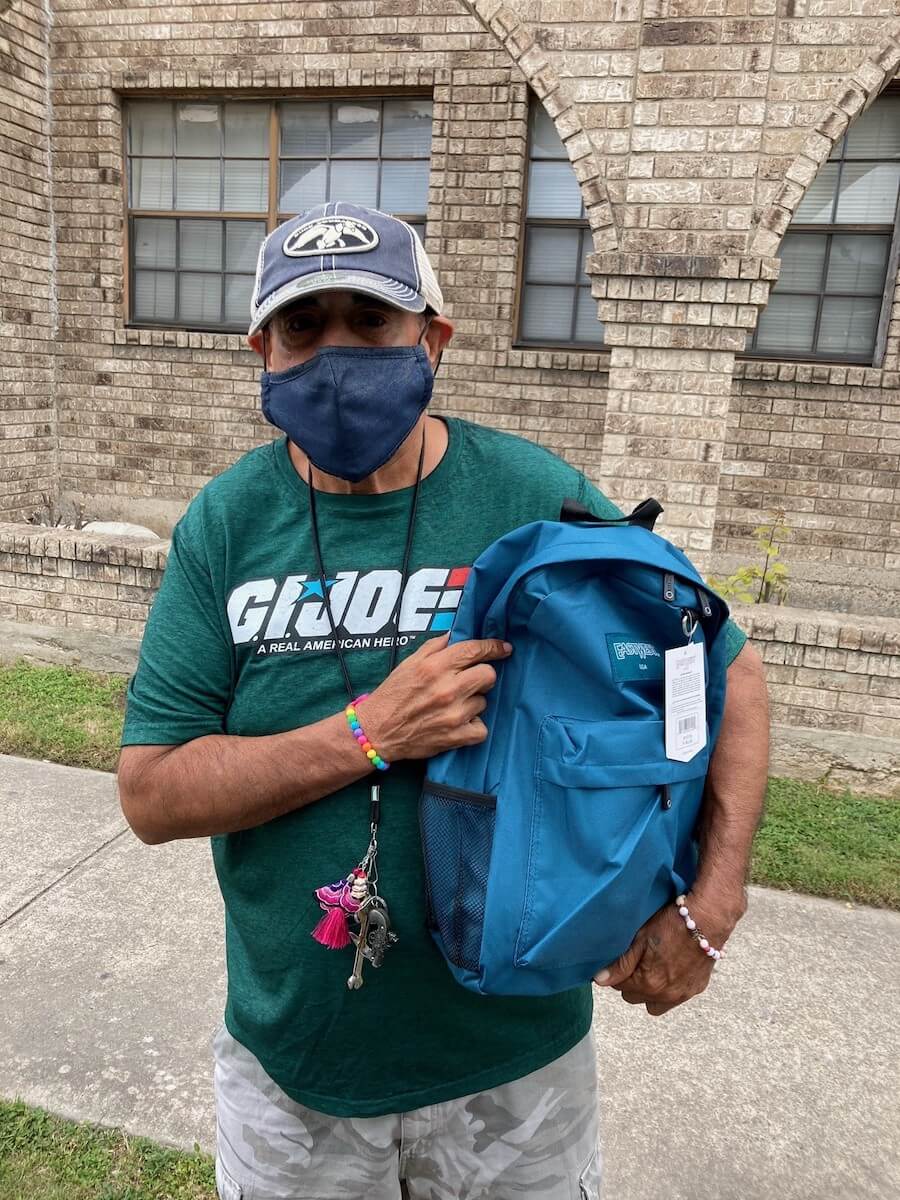
The Client Services department at GNSH conduct Street Outreach activities twice a week, providing homeless individuals with items such as snack bags and water, health and hygiene products, anti-COVID19 kits, and seasonal items such as blankets, sunscreen, and more. Through this Street Outreach program, the GNSH team encourages homeless individuals to visit their facility and utilize their services, which includes:
- A soup kitchen which provides three warm, nutritious meals daily
- A shower and clothes program, allowing daily access to a 10-minute shower and clean change of clothes/shoes for hundreds of homeless monthly
- A food pantry program providing groceries
- Clinic facilities for complimentary, basic medical services
- Free laundry services
- A physical mailing address for approximately 125 homeless clients on any given month
- Communication services: phone, fax, copier, printer, etc.
Lastly, GNSH helps with specialized case management services, such as helping homeless individuals become document-ready to obtain employment, critical services, and safe and affordable housing, as well as referrals to additional social services, like assistance with the IRS (federal stimulus check disbursement).
“It’s Time Texas and Blue Cross and Blue Shield of Texas has helped our organization increase the number of homeless folks working towards securing sustainable, safe, and secure housing.”
– John Rodriguez, Client Services Manager
The Major Impact
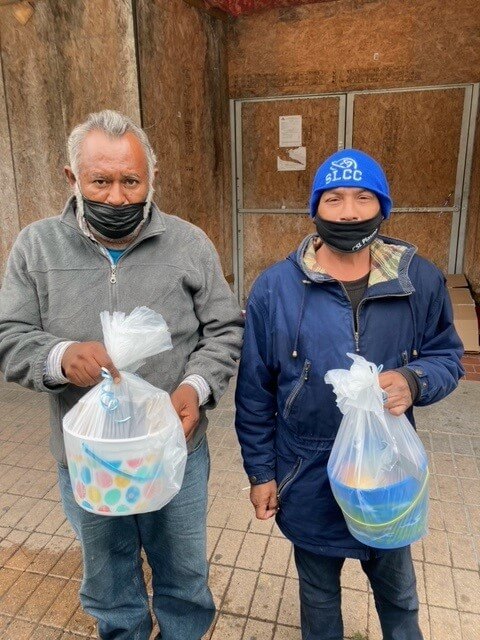
While the Street Outreach program at GNSH serves several social determinants of health (healthcare, awareness, quality, etc.), the overall aim is to positively impact the whole self. The Client Services team members work diligently to help achieve a higher quality of life for each homeless client, helping them receive services and necessary items to reach a better, healthier life. The goal is to utilize the Collaborative Innovations for Community Health grant to help 100 homeless individuals via Street Outreach services per month of the project period. Within these 100 individuals, the department will work with 20 new clients (unduplicated) per month, and strive to complete the program with 12 homeless individuals obtaining safe and affordable housing.
